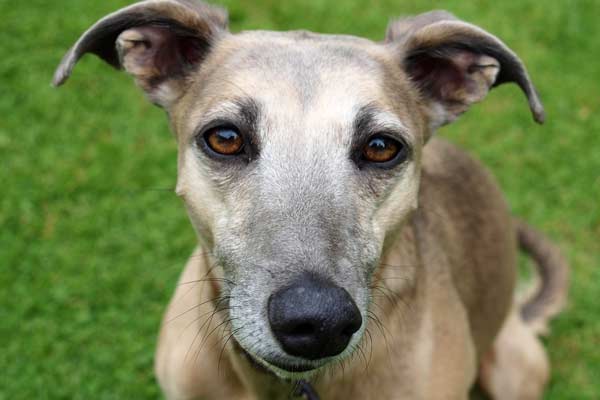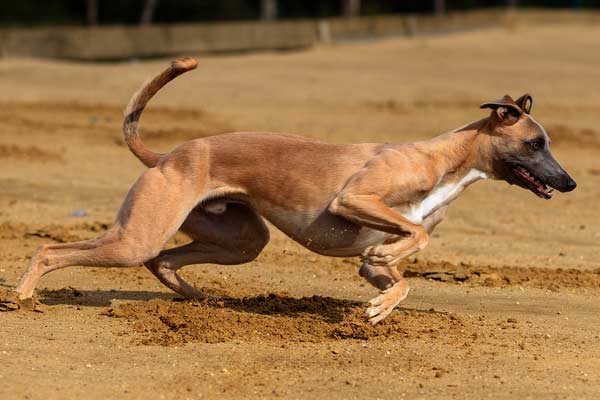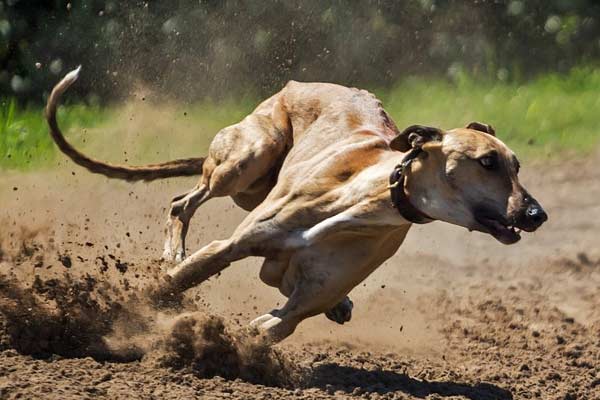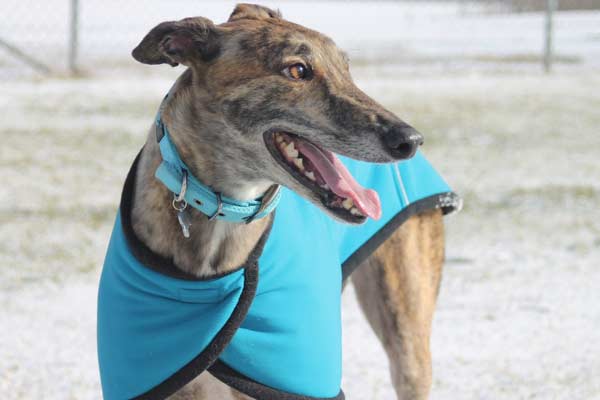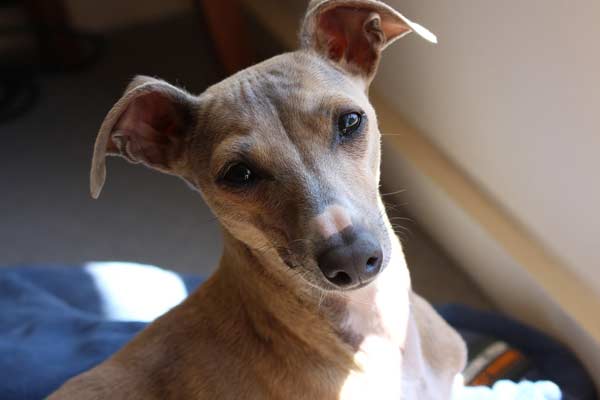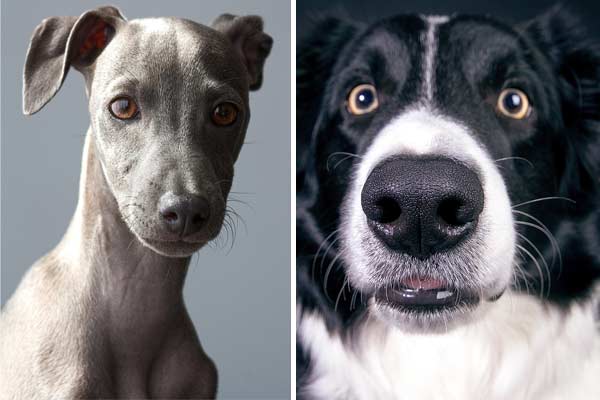How Often Do Greyhounds Poop? Unlock the Secrets
Have you ever wondered how often greyhounds poop? You’re not alone! Many dog owners are curious about their pup’s pooping habits, especially when it comes to a breed as special and unique as the Greyhound.
In this article, we will be taking an in-depth look into the pooping habits of Greyhounds.
We’ll discuss factors that affect how often they go to the bathroom, signs of healthy and unhealthy bowel movements, tips for managing your Greyhound’s poo schedule, and what to do if you notice any abnormalities in your dog’s pooping habits.
We’ll explain why understanding the frequency of a Greyhound’s Pooing Habits benefits both pet parent and pup alike. So let’s get started!
How Often Do Greyhounds Poop?
Greyhounds typically poop up to four times a day, though they may need to go out more often if they are especially active. Greyhounds that were kept before in race kennels may be eliminated more frequently since they are used to being let out up to six times a day.
Factors That Affect How Often a Greyhound Poops
Factors like activity level, diet, water intake, and health affect how often Greyhound poops. A Greyhound’s age can also influence bowel movements; for example, puppies need more frequent potty breaks than adult dogs.
The environment may factor in your Greyhound’s pooping habits; if they feel scared or anxious outdoors, it could cause them to postpone going to the toilet until they are back inside.
The stress from changes in routine or daily activities can also lead to irregularity in the frequency or consistency of bowel movements.
Signs of Healthy and Unhealthy Bowel Movements in Greyhounds
Signs of healthy bowel movements in Greyhounds include: solid but slightly soft, brown-colored feces formed into a log-like shape and sized proportionately to the amount of food your dog ate.
Signs of unhealthy bowel movements in Greyhounds include loose stool or diarrhea, black or tar-like stool, and foul-smelling or greasy stool.
Keeping track of water intake and activity levels can also help prevent irregularity.
Contact your vet immediately if you notice any abnormalities in your Greyhound’s pooping habits.
How Often Do Dogs Poop After Eating?
Dogs usually need to go to the bathroom within 8–12 hours after eating. Most dogs poop shortly after waking or about 30 minutes after a meal.
If your dog is on a two-meal schedule, it may defecate twice daily: once in the morning and once in the evening. While this varies from dog to dog, it’s normal for most puppies.
How Long Can a Dog Go Without Pooping?
The frequency and consistency of your dog’s bowel movements should regularly monitor, as changes in their poo schedule can indicate underlying problems.
Most healthy dogs can go up to 48 hours without pooping. However, if your dog is not pooping after this time, it’s essential to take them to the vet for an evaluation, as this may be a sign of a health issue.
How to Know When My Dog Needs to Poop?
It’s essential to watch your dog for signs that they need to go out and poop. Common indicators include sniffing around, fidgeting, circling before squatting, and heading in the direction of the door or looking at you with an inquisitive expression.
Be sure to take them outside immediately when you notice these signs, so they don’t have an accident indoors. Consider setting a routine potty schedule, as it may help with consistency.
Also, be sure to watch for changes in your pup’s everyday habits – sudden increases or decreases in frequency or type of bowel movement could indicate a medical issue and should be checked by a vet as soon as possible.
Keeping a consistent potty schedule can help maintain regular bowel movements; Pay attention to the frequency and type of their stool and how much water they are drinking so that you can spot potential health problems early.
How to Make a Dog Poop Quickly?
To make a dog poop quickly, you should eliminate any potential distractions and take them outside to an area they are comfortable in.
Feed your pup earlier and take them out for potty breaks at the exact times each day. Please keep your dog on a consistent potty schedule and reward them with treats or praise when they go.
Avoid giving them too much food or treats, as this could make it harder for the dog to poop.
What Food Will Help Dogs Poop?
Foods that contain dietary fiber, including fresh fruits and vegetables, can help to add bulk to the stool and encourage regular bowel movements.
Whole grains like oats, brown rice, barley, and high-fiber dog treats can also help promote healthy pooping habits.
Adding a small amount of pure pumpkin or bran cereal to your pup’s food may help them pass stools more regularly.
The key is to feed only a little – always follow the recommended portion size for your pet’s weight.
Providing plenty of clean drinking water throughout the day will also be beneficial in aiding digestion and promoting regularity in bowel movements.
What to Give My Dog for Constipation?
If your dog is suffering from constipation, it’s best to first consult with a veterinarian who can determine the cause and provide appropriate treatment options.
The treatments include adding more fiber to their diet and increasing their water intake. Adding pure pumpkin or bran cereal to food may lend stool-softening properties and aid the passage of stool.
Some nutritional supplements such as probiotic yogurt, natural laxatives like slippery elm bark, or vet-prescribed medications may be combined with dietary changes depending on the severity of the case.
Always Ask your vet before starting any supplement for your pet.
What to Do If Your Dog Has Diarrhea?
If your dog has diarrhea, it’s essential to take them to the vet immediately. If diarrhea persists for more than 24 hours or your pup shows signs of dehydration, contact a veterinary professional directly.
In the meantime, reduce their food intake and provide clean drinking water to keep them hydrated.
Avoid giving treats or table scraps that may worsen their symptoms and instead feed them only easy-to-digest foods like plain cooked white rice or boiled chicken.
Also, consider changing their diet if they’re on low-quality commercial food, as this may be causing issues with their digestion.
Conclusion
Overall, it’s essential to be aware of changes in your pup’s everyday habits and take them seriously.
Keeping a consistent potty schedule, providing plenty of water throughout the day, feeding healthy food with added fiber, and avoiding treats or table scraps can all help promote regular bowel movements.
If constipation persists, adding dietary supplements such as probiotic yogurt may provide relief until you can consult with a veterinarian for further guidance.
If the dog has diarrhea for longer than 24 hours or shows signs of dehydration, contact an animal medical professional immediately for assistance; by taking these steps, you should be able to keep your pet happy and healthy!
